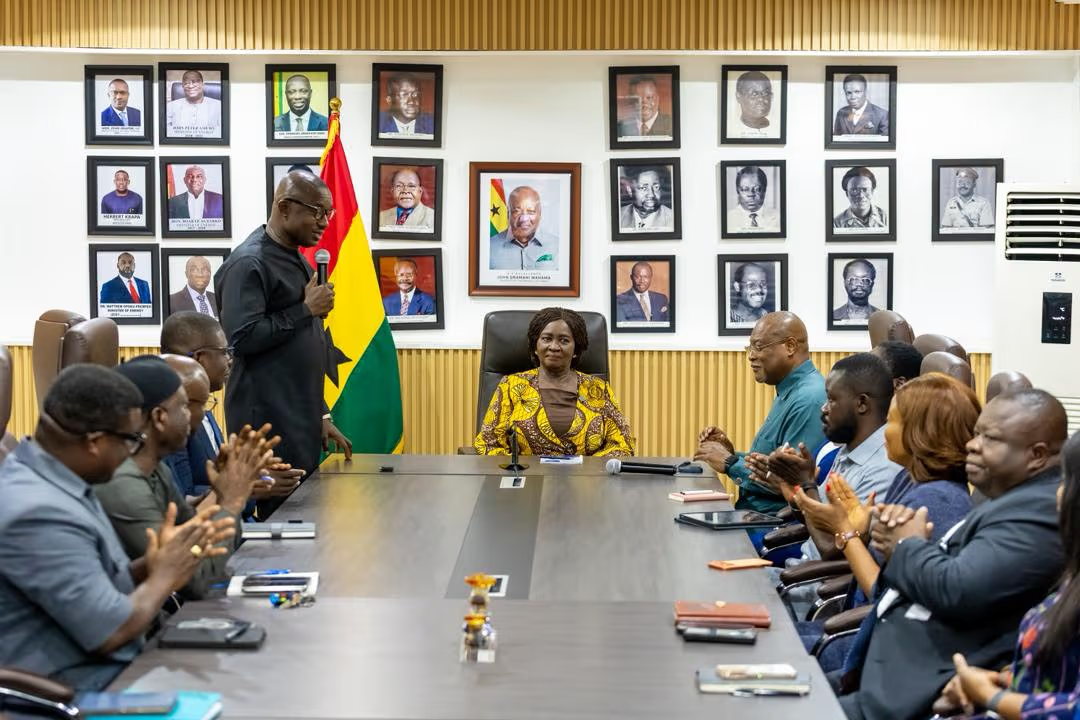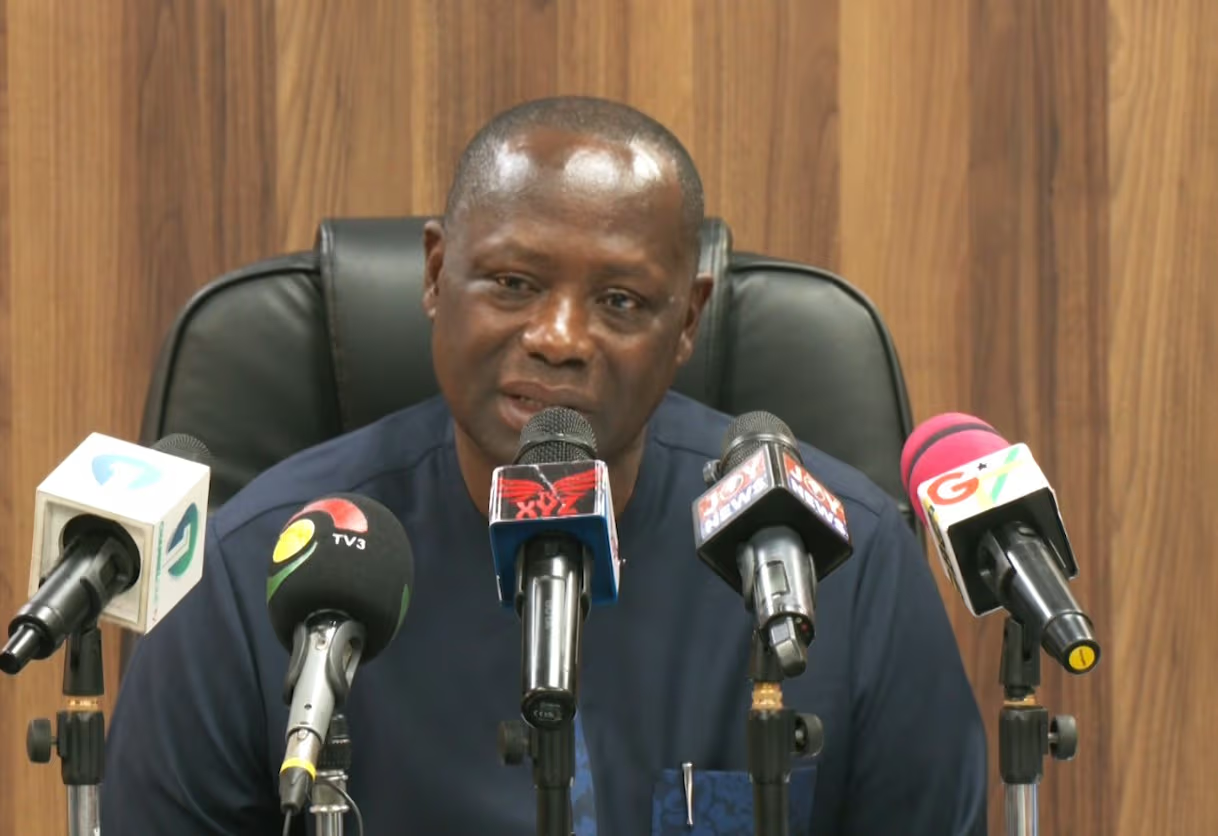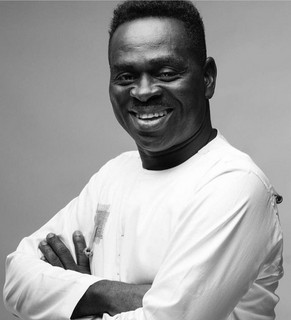
Ghanaian actress and businesswoman, Lydia Forson, has discussed the factors that may have contributed to the overwhelming decision by Ghanaians to vote out the NPP administration. In an interview with James Copnall on BBC’s Newsday on December 9, 2024, following the elections, Forson stated that the Akufo-Addo government’s lack of accountability led to the NPP’s significant defeat.
She pointed out that the economic hardships faced by Ghanaians eroded party loyalty, with voters becoming more discerning in their choices. Forson emphasized that the election was focused on the needs of the people, rather than party allegiance or tribal lines.
“The electorate is becoming increasingly aware. They are no longer voting purely based on loyalty to a party or tribe,” she said. “For the new government, it’s not about personal favoritism, but about whether they can deliver on their promises. If they can’t, we will hold them accountable.”
The renowned actress emphasized that the incoming government must be attentive and responsive to the concerns of Ghanaians. She pointed to instances where the government remained silent in the face of protests and public grievances, arguing that such inaction contributed to the NPP’s loss.
“Accountability is one of the main issues that has angered many young people. Yes, there is a global crisis, but when you factor in the state of the economy, we are being hit much harder. The people are frustrated, and they want to be heard. They are protesting, but feel that their voices are not being acknowledged,” she stated.
“Having a leadership that listens is crucial. When people are upset about an issue and come to you, and you respond by telling them ‘don’t talk about it’ or ‘you’re not allowed to be angry,’ that creates a serious problem.”
Lydia Forson explained that for almost every Ghanaian, the economy and the struggles people face were key motivating factors in the election. She also shared with the BBC how her business has been affected by the country’s economic challenges.
“I make natural hair and skincare products, sourcing most of my ingredients locally, though some come from abroad. I have to pay for these goods in dollars and pounds. So, when the cedi depreciates, my production costs increase. There’s only so much of that extra cost you can pass onto consumers. While I aim to create jobs, our ability to do so is limited by the state of the cedi. I can’t produce as much, and consumers aren’t buying because if the products are seen as non-essential or a luxury, they’re less likely to purchase. No matter how well you think you’re doing, the situation still impacts you.
“On top of that, I have family in the village who rely on me, and as things get harder, their dependency grows,” she said.
Lydia Forson is one of the few public figures in Ghana who speaks out about the issues affecting citizens. She appeared on the show with Ghanaian rapper M.anifest, who also suggested that the NPP’s defeat was due to the people’s “anger” and “hunger.”









